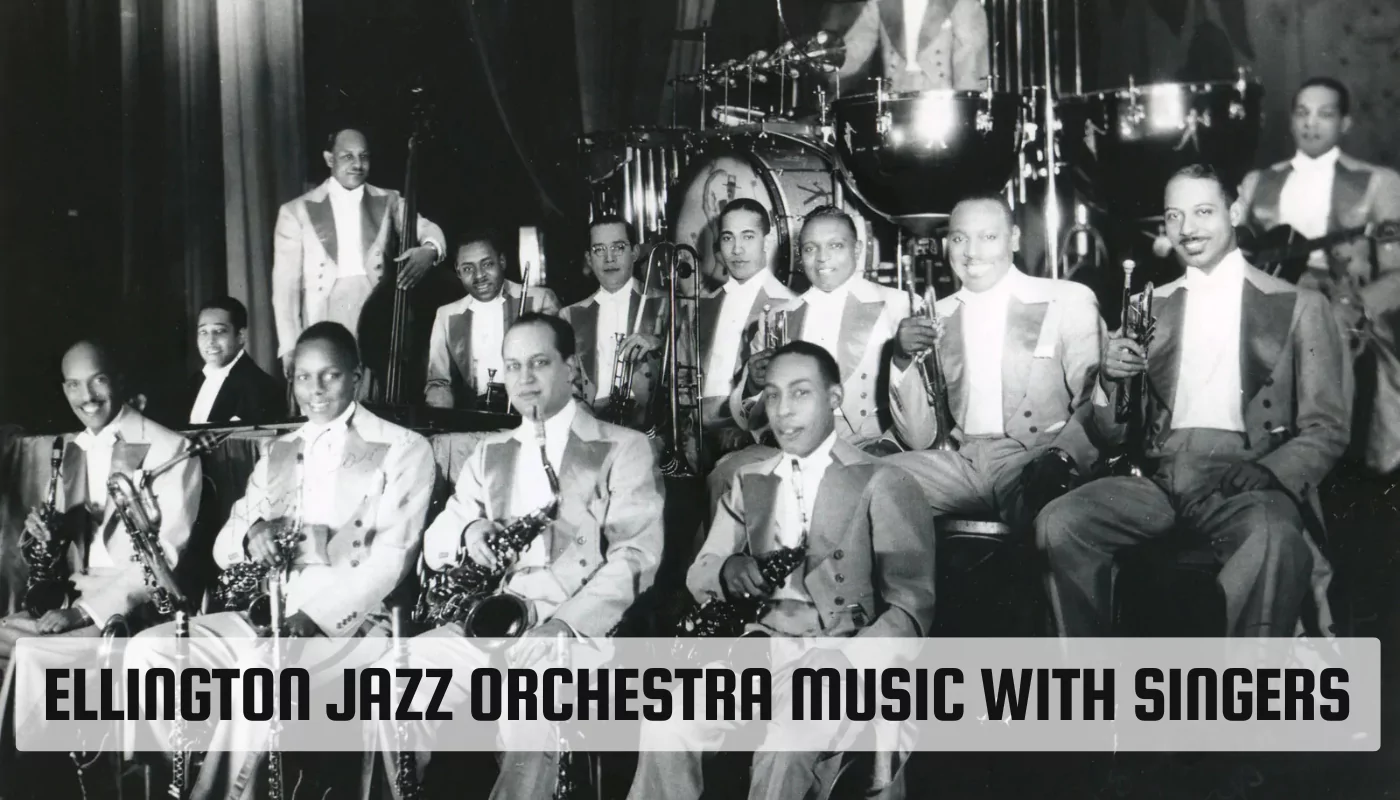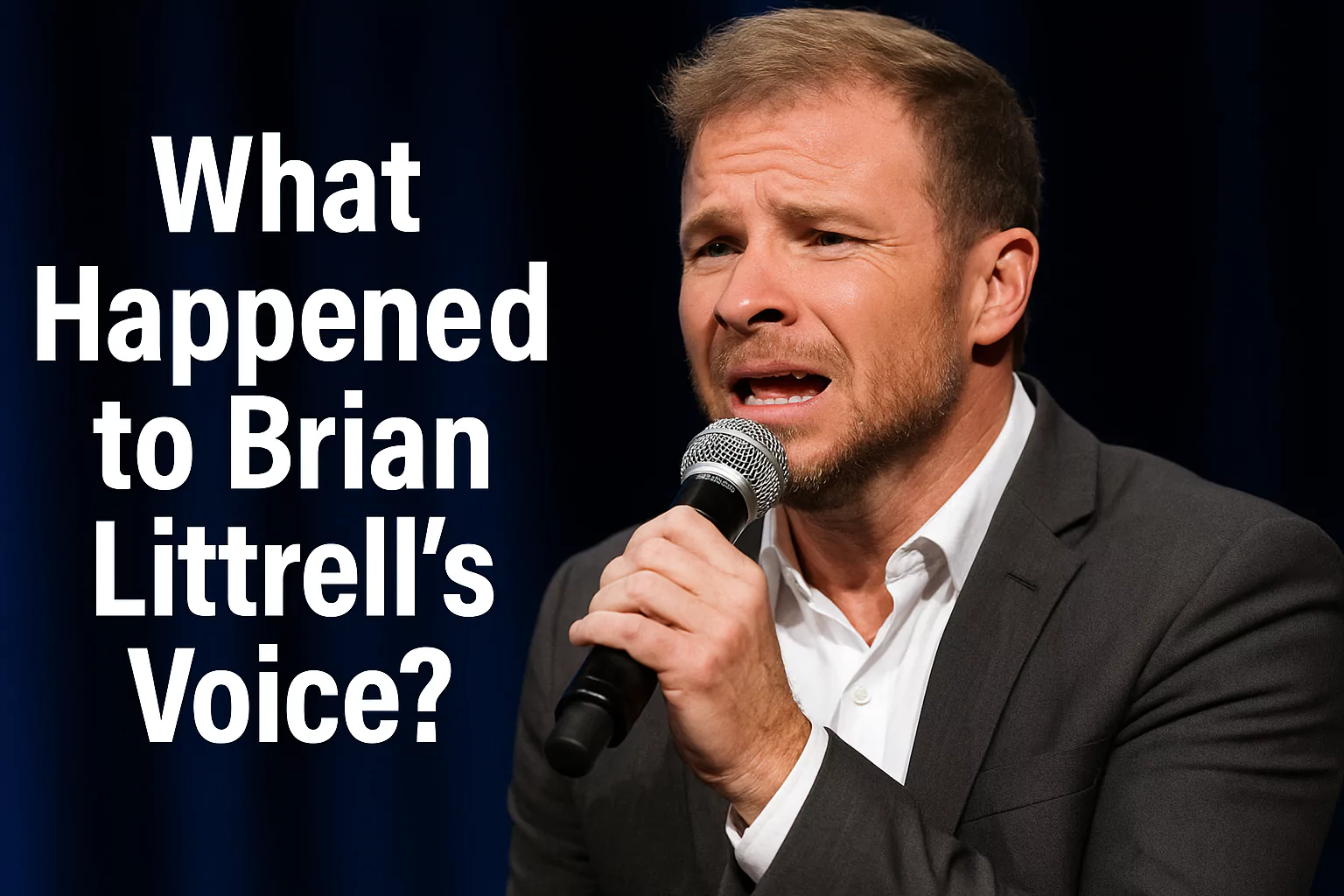Ellington Jazz Orchestra Music with Singers: Vocal Jazz Mastery

Duke Ellington, a legendary jazz composer and bandleader, revolutionized the genre with his innovative compositions and arrangements. One of the most distinctive aspects of his music was the incorporation of vocalists, who added a new dimension to his orchestra’s sound. This article explores the history, key vocalists, signature songs, vocal techniques, and influence of Ellington’s vocal jazz.
Historical Context
Duke Ellington formed his orchestra in 1923, initially focusing on instrumental jazz. However, as the genre evolved, he recognized the potential of vocalists to enhance his music. In the 1930s, Ellington began experimenting with vocalists, starting with Ivy Anderson, who became the first prominent vocalist in his orchestra.
Key Vocalists in the Ellington Orchestra
Over the years, Ellington worked with several talented vocalists who contributed significantly to his music. Ivy Anderson, Herb Jeffries, Al Hibbler, and Joya Sherrill were among the most notable. Each vocalist brought their unique style and personality to Ellington’s compositions.
Signature Songs and Performances
Ellington’s orchestra produced numerous iconic songs, many of which featured vocalists. “It Don’t Mean a Thing (If It Ain’t Got That Swing)” is a classic example of Ellington’s ability to blend vocal and instrumental elements. The song’s upbeat tempo and catchy melody make it a timeless favorite.
Another signature song, “Sophisticated Lady,” showcases the versatility of Ellington’s vocalists. The song’s elegant and sophisticated atmosphere provides a perfect backdrop for the vocalist’s interpretation.
“Mood Indigo” is another classic Ellington piece that features vocalists. The song’s melancholic mood is enhanced by the vocalist’s expressive performance.
Vocal Techniques and Styles
Ellington’s vocalists employed various techniques and styles to enhance his music. Scat singing, a form of vocal improvisation, was often used to add excitement and energy to the music. The blending of vocal and instrumental elements was another hallmark of Ellington’s arrangements.
Influence on Vocal Jazz
Ellington’s work with vocalists had a profound influence on the development of vocal jazz. His innovative approach to arranging and his ability to showcase the talents of his vocalists inspired countless other musicians. The legacy of Ellington’s vocal jazz can still be heard in the music of today’s jazz artists.
Notable Albums and Recordings
Ellington’s discography includes numerous albums that feature outstanding vocal performances. “The Complete Duke Ellington Orchestra Recordings” is a comprehensive collection that showcases the range of his music, including vocal collaborations.
Conclusion
Duke Ellington’s jazz orchestra was a groundbreaking force in the music world. The incorporation of vocalists added a new dimension to his compositions, creating a unique and enduring sound. Ellington’s legacy continues to inspire and influence musicians around the world.









